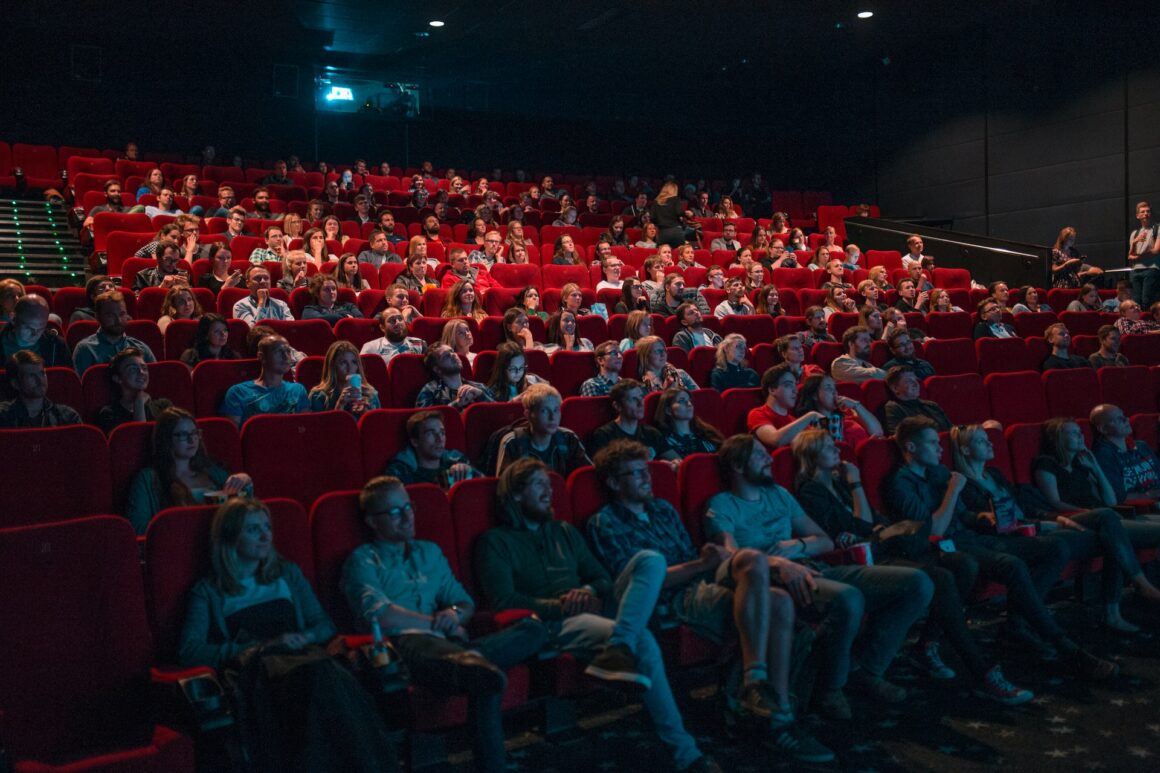Iain Thomas’ first ever blog post dates back to July 5th 2007, its title being “Thank God You Found This”. It was a couple years later, in 2009, that that same post became the central idea of Thomas’ first book titled after his blog: I Wrote This For You. It’s no surprise that this book, and the ones that followed, added more followers to the author’s already growing online and “real-life” following. Thomas’ style is very unique to its readers, something apparent in all of his books; he writes with them in mind. Ever since then, all of his books have followed a certain pattern of reader-aimed writing; his latest work 300 Things I Hope is not an exception. You may know him under the alias “pleasefindthis”.
He was kind enough to dedicate some of his time to answering a few questions I had for him; here’s my interview with best-selling author Iain Thomas.
QUESTION: When did you realize writing was your “thing” and you wanted to make a living out of it rather than do something else?
ANSWER: I’m not sure. I’ve always written, I think I started keeping a diary when I was 9. I didn’t really ever decide to become a writer, it was just something I did and I kind of thought that at night, every other kid went home and wrote too. Writing is a way to defeat loneliness, I think I was a lonely, weird kid. I knew I was creative, or at least I had faith that I was, so when I left school I studied design and while studying design, we did a short course on copywriting, which seemed like fun, so I went and studied that for two years, and then had a brief but successful career in advertising. At some point, after I ran into my old teacher, probably the only teacher who had time for me when I was a kid, I was struck by the lack of meaning in what I was doing in advertising and I wanted to do something that, to me, mattered. That’s when I started publishing prose and poetry online, as a way to be creative and have control over what I created.
Q: Did you wish more kids who are like that would realize writing can be a tool against feeling lonely?
A: Yes, absolutely, although I also believe that many kids who feel that way will find their way there naturally. Writing appeals to those who have things to say but no one to say them to, and it seems like in the end, we simply say them to the world.
Q: As you said, your short career in advertising was successful and I’m sure it was a “safe option”. Was it hard to leave that behind to do something you actually loved even if you didn’t know how it would turn out?
A: No, but I cheated — By the time I left my advertising career , I had a successful writing career. If I could change anything looking back, and on the whole I don’t regret the things I’ve done because they made me, me, I would’ve been braver sooner. If I could give a young person any advice it would be this: Be brave when you’re young, failing means very little when you have very little to begin with.
Q: Do you think being online, having an active following in the media, helped get your writing more out there? If so, how?
A: Absolutely. By having an existing audience, and then compiling my work into a book, there was a large group of people ready and waiting for it. Many authors do things the other way around, they release a book and then try to grow a market around it, I was very lucky that I did it the way I did.
Q: And I imagine those people then praised and advertised your books online, making even more people know your name. Could it be possible that most of your readers have heard about you online and then decided to read your books, rather than the other way round?
A: Yes, although there are many people who see my book in a book store, are intrigued by the name, buy it, and are shocked to discover that it was a blog before it was anything else.
Q: Who are some people who inspired you to “pick up the pen”? Which of their works impacted you the most?
A: In terms of poets, Dylan Thomas and E.E. Cummings, his poem, “Anyone Lived In A Pretty How Town” is a major influence on I Wrote This For You. In terms of other writers, Jonathan Safran Foer’s Everything Is Illuminated was a book that captured a musicality of language that I always admired. I also grew up reading my parents’ old “Classics Illustrated” comic books, which were these cheap, pulp versions of classic stories like The Three Musketeers, 2000 Leagues Under The Sea, Hamlet — they would’ve been way, way too heavy for me to read if they hadn’t have been comic books.
Q: How does it feels to think that maybe you and your books are influencing or will influence younger generations of aspiring writers the way you were by Thomas, Cummings, and Foer?
A: I don’t know. I don’t think I want to think about that. It’s too much responsibility.
Q: Where did the idea of I Wrote This For You come from?
A: As I said, I had a career in advertising and advertising is a very egocentric business, you are constantly looking to win awards and be recognized for your work. In other words, it is a very “me” orientated industry. I wanted to do something that wasn’t about me, that was about anyone who chose to read it. That’s where it came from.
Q: I think I speak for most people when I say that it really is a very endearing book, and it’s very nice to feel like the author actually thinks of their readers (just like with 300 Things I Hope). Do you write all your books with that kind of mindset?
A: I come up with the name and the idea of the book before anyone else because that tells me what the book is going to be about and it acts as a kind of North Star. I believe in being kind to the people who read my books and so a lot of my thinking comes from that space. I can be very cynical in real life but when I’m writing, I try to keep in mind how much cynicism there already is in the world, so I try to do the opposite and be as sincere as possible.
Q: What roll do you think literature and writing play in today’s society?
A: I’m not sure. I think literature has become the word that describes critically acclaimed books that don’t sell very well. Literature, as an idea, has always struck me as being very elitist and I know that as I’m a poet, I’m supposed to fit into that world but to be completely honest, I don’t even like calling myself a poet, as that word itself has too many connotations. The first time I ever really considered what I did poetry was when my publisher called and told me that she’d called it poetry because Barnes & Noble needed to know what shelf to put the books on. I think stories are important and I think that we spend our time telling each other stories, whether it’s what we did that day or what happened on the way home, or a TV show (or even a play), and I know that when we go to bed at night, our brains continue to tell us stories. I think we need stories tell us what might happen and they gave us patters that we can look at, in the hopes of using them to navigate our own lives. I don’t think that’ll ever change.
Q: What is literature for you, then? If you could give the term “poet” a completely new definition that was fair and accurate to what it’s actually like to be a poet, from your experience, what would it be?
A: Literature it too finicky and intricate for me to have any say over what it is. For me, I would change the word poet to mean “Language Mechanic” because ultimately it’s a messy, work intensive process that is incredibly unglamorous. Someone once said that writing books is like being trapped in a room with the dumbest version of yourself , being a poet is like that except that dumb version of yourself is trying to rhyme and has no concept of punctuation. That dumb version of yourself is trying to describe some kind of human truth and often fails in the process, and you have to listen to them.
Q: And so, going back to the point you made before, stories, in a way, shape our lives?
A: In as much as we often think of our lives as stories, yes, stories shape our lives because. I think most people think that they’re about just before the start of the second act of their lives and if they can just accomplish “x” whatever “x” might be —falling in love, accomplishing something in their own lives, finding some kind of peace— then the rest of the story will happen and it’ll end happily. The truth is, there is no story, there’s only the decisions you make each and every day when you wake up about who you are and what you want to do with the time you’ve got.




